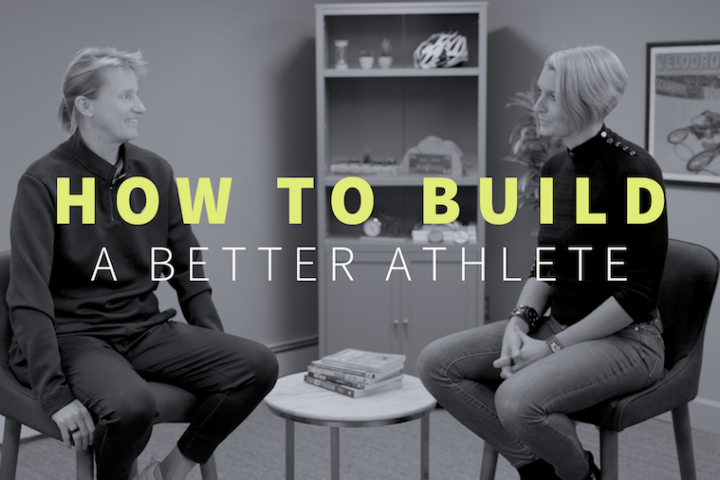
How to Build a Better Athlete
Strength and conditioning coach Erin Carson shares her insights and expertise on building durable, happy, successful athletes—and it’s about more than just lifting weights in the gym.

Strength and conditioning coach Erin Carson shares her insights and expertise on building durable, happy, successful athletes—and it’s about more than just lifting weights in the gym.
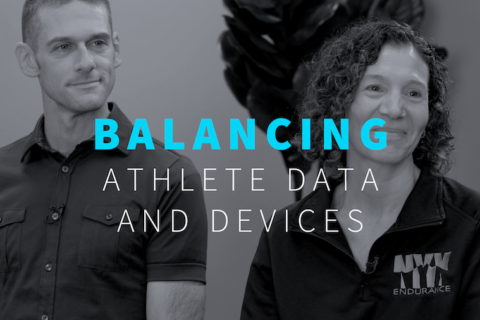
The options for data and devices are endless and some athletes need their coach to intervene. Coaches Ryan Kohler and Alison Freeman describe the metrics that matter most.
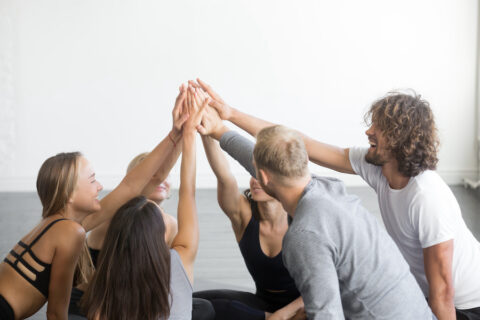
The goal belongs to the athlete—not the coach. It’s the coach’s job to help the athlete give shape to the final product.
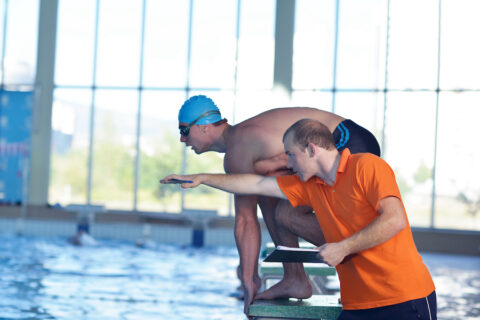
Goals are best evaluated in the rearview mirror. Joe Friel reflects on the goals of three endurance athletes, highlighting lessons learned.
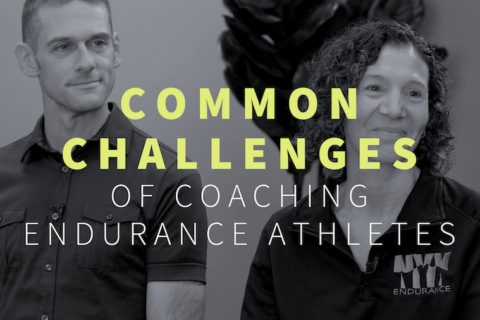
The typical endurance athlete is time-crunched, which triggers a number of challenges for coaches around rest and recovery.
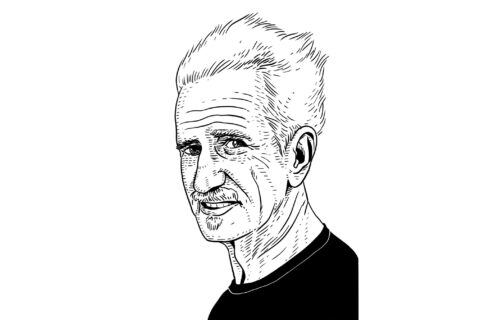
A rigorous, holistic approach to mental and physical training steeped in high-intensity sessions and hill running at a beachfront property would likely appeal to today’s athlete. This Australian running coach was ahead of his time.
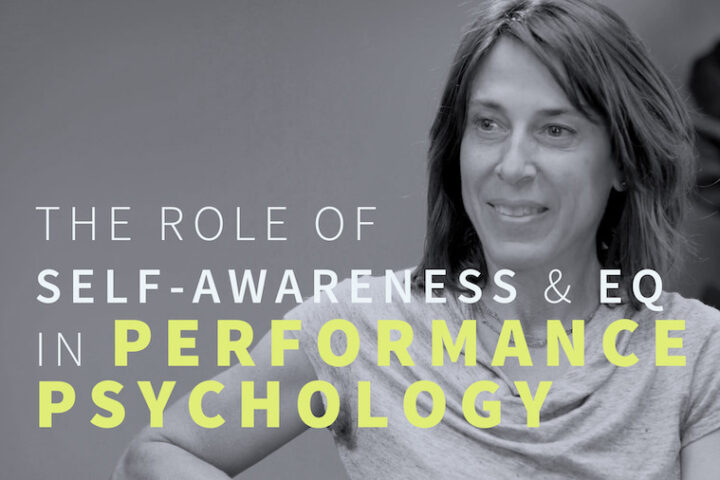
Dr. Julie Emmerman joins Emma-Kate Lidbury to talk about the role that self-awareness and emotional intelligence can have in performance psychology.

Much to the surprise of some coaches, mental performance expert Jeff Troesch argues that you can have commitment from your athletes without trust. He explains how—and why—this is important.
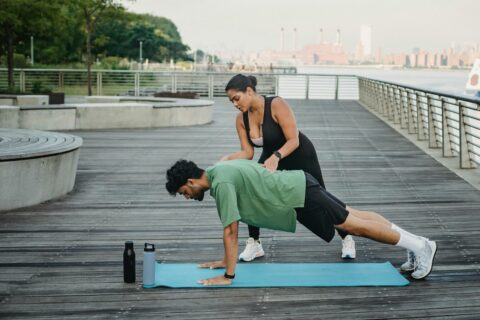
The degree to which you cultivate a positive coach-athlete relationship will enhance your athletes’ race performances—and help you retain them as clients.
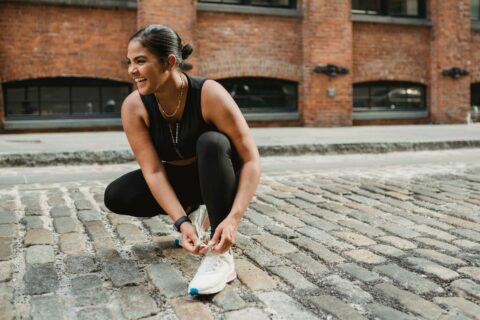
Coach Rob Griffiths describes the method he used to help an athlete shift her passion and motivation to make positive changes and avoid burnout.
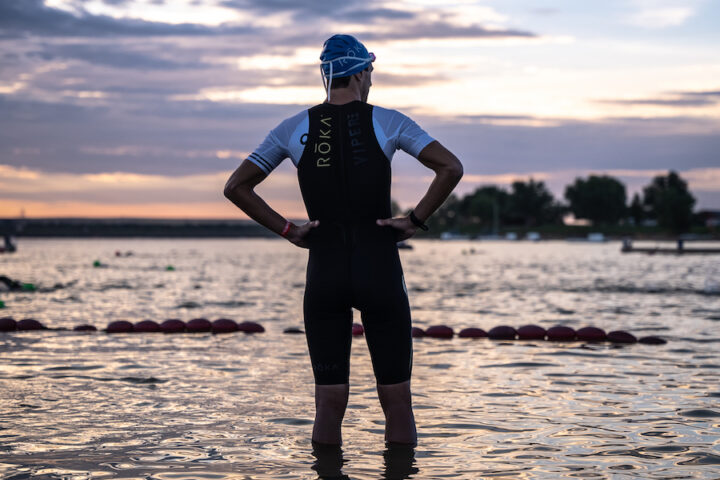
Motivation is key to the performance psychology puzzle, dependent on fundamental human needs. If those needs are not met, an athlete’s passion for sport and their self-esteem can suffer.
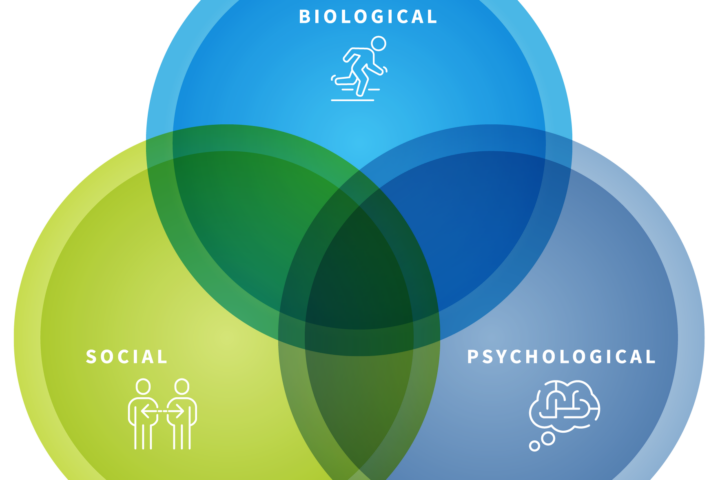
Coaches include some components of psychological and social development in an athlete’s preparation. But do you know why and how it works?
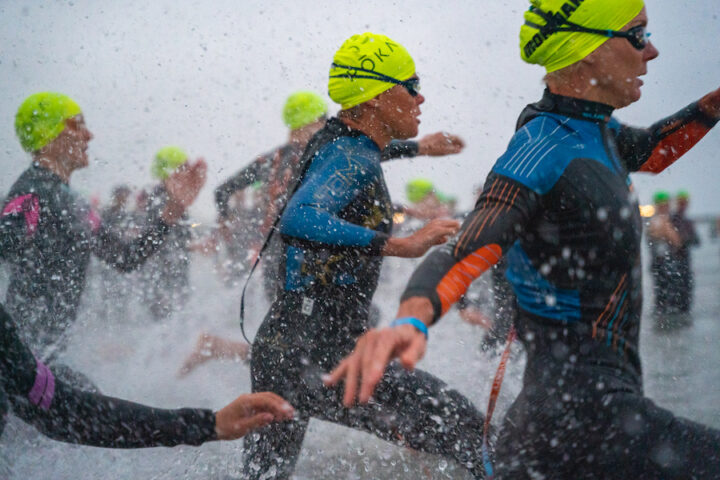
We are products of our social, mental, and biological processes, but what does this mean for coaches and athletes? Andy Kirkland explains how to adjust training for better results.
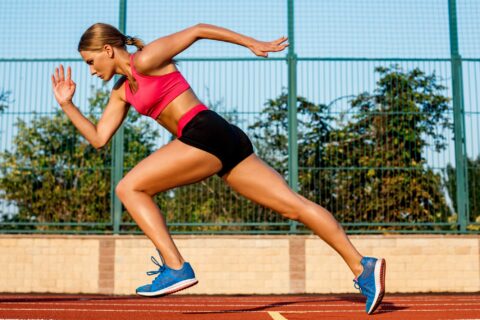
Sport psychology is proving to be just as important—if not more so—than physiology, but how do you incorporate it into your coaching for the benefit of you and your athletes?
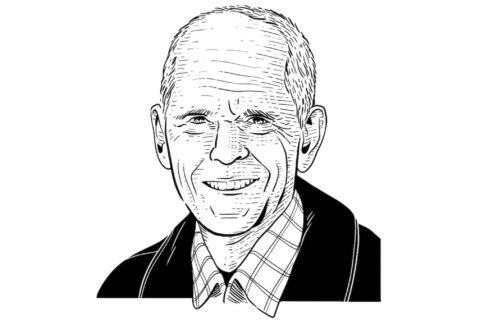
He’s coached some of the biggest names in distance running and underpinning a large amount of his success was his capability to be versatile.
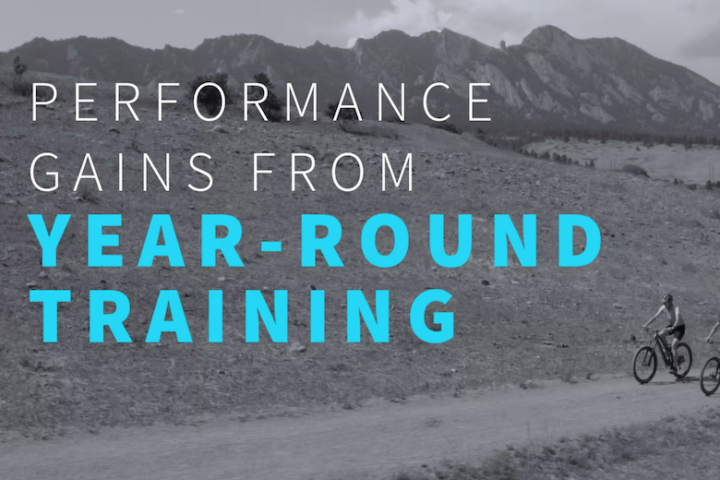
Coach Julie Young describes the performance improvements made when one of her athletes switched to a year-round training program.
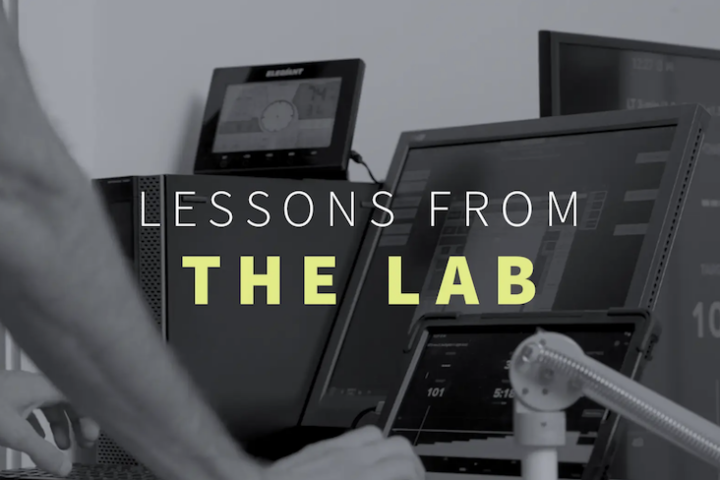
The lab simplifies the path forward for the athlete, showing how the body is responding to training and taking us back to the basics.
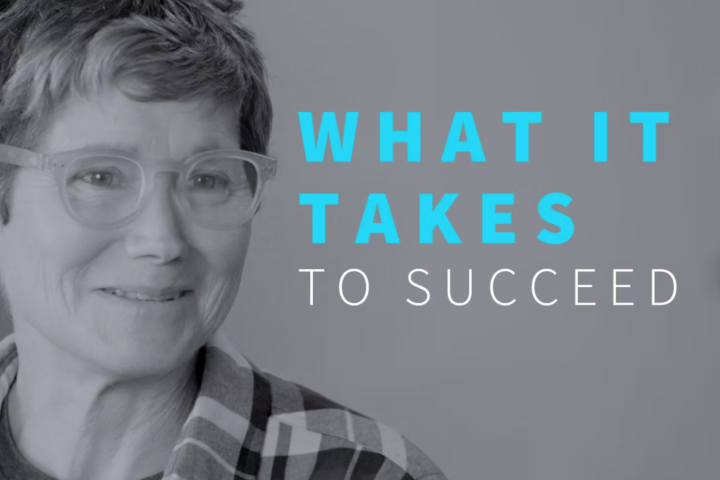
To achieve a top performance an athlete must be both physically and mentally prepared. It’s the mental piece that can be the toughest to coach.